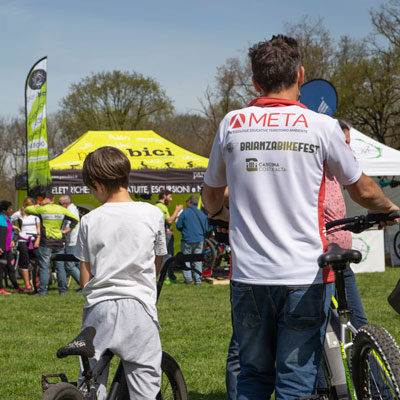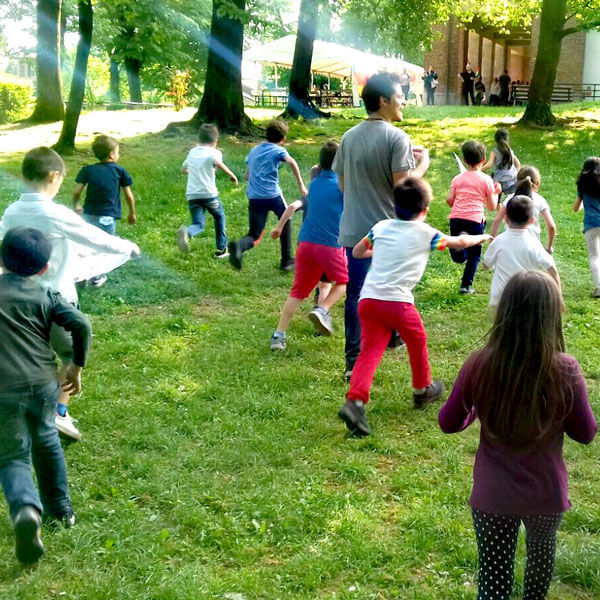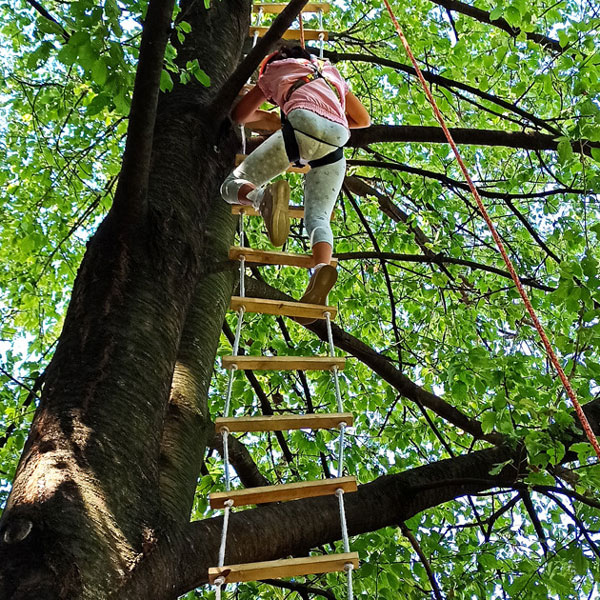The story of META began in 1991 right here in Cascina Costa Alta, thanks to a group of people, variously engaged in educational contexts, teachers and scouts, who were able to read a need and accept the challenge of designing, together with the Municipality of Monza, educational proposals in the extra-school time (Verdestate), inspired by Riccardo Massa’s Pedagogy of Adventure (cit. prof. Riccardo Massa, State University of Milan, chair of General Pedagogy).
“The discontinuity that is inherent in venturing out
leads to going beyond the already given,
and it could not occur except within a continuity
which has in the everyday its most authentic legitimacy
and its most natural expression.”
Over the years, the pedagogues who have inspired us in forming our methodologies have been many: from Maria Montessori (“help me do it myself”), Dewey, Freinet, Bruno Munari (“a creative child is a happy child, because he or she is curious and sensitive observer”), Loris Malaguzzi (“never teach a child anything that he or she cannot learn on his or her own”), Bruner and more recently the insights offered by Pier Giorgio Reggio and Daniele Novara of the Peace Psycho-Pedagogical Center in Piacenza.
From this matrix of meaning that takes its starting point in the experiential pedagogical tradition, we have developed over the years an experience and philosophy of doing education that focuses on the person, experiencing together with others, and the environment.
We see the person in his or her different developmental stages (from early childhood to adolescence) capable of reaching various levels of autonomy and competence in constructing a representation of the world: a curious person who explores, supported by a context capable of grasping his or her needs, but also accommodating his or her demands, motivations, and natural interest in discovering and knowing himself or herself and his or her surroundings. The idea of a person learning to learn is the overarching purpose that motivates our proposals even as we think about the adults who accompany girls, boys, girls and boys in these life experiences.
Our method is based on the idea of “from what comes what” (B. Munari) according to the teaching principle “Don’t say what to do but how.” An experiential, non-directive and active pedagogy that is concerned with leaving space for possible alternatives, for opportunities for choice in experiences; a pedagogy of co-education in which all those involved, young and old, teachers and parents, educators and learners, learn, grow together. As suggested by Franco Fornari in “The Theory of Affective Codes,” from an early age, children know how to intentionally relate to adults by enacting a mode of empathic recognition that later grows refined and allows them to construct syntonic and affective relational meanings and modes in the various stages of growth, becoming their own way of being in relationships with others.
The adventure methodology used by our educators intends to focus on the “why” and “how” things are done rather than the “what,” encouraging autonomy and ensuring certain basic conditions: sufficient and unhurried time, an organization of space that allows the educator to focus his or her attention on each person without neglecting others, the presence of reclaimed, everyday and natural materials, age-appropriate activities and welcoming of individual contributions.
In this sense, the workshop/activity then becomes an experimentation not aimed at the realization of the product alone, but more importantly it is centered on the process through which a child/youth makes something his own and lives it intensely, measuring himself with his own limits and overcoming them, getting excited (e.g., cit. Goleman and his Emotional Intelligence, Gardner and his theory of the seven intelligences), knowing and relating his knowledge through connections between the things he already knows or is knowing, so that he can generalize the experience to use it independently.
Finally, with regard to META educators, the approach that distinguishes them is that of those who feel involved and who live and star in the experience rather than offer a representation of it. A context of stimuli is thus created, based on the interaction between adults and children, through the techniques of active listening, asking questions and welcoming answers, in some cases also through theatrical and acting techniques if relevant to the context and proposal. The playful aspect, “doing while having fun, ” the tool of storytelling and the recapitulation at the end of the day about what was experienced are some of the tools that flaunt the experiences and adventures that find space at Cascina Costa Alta.



